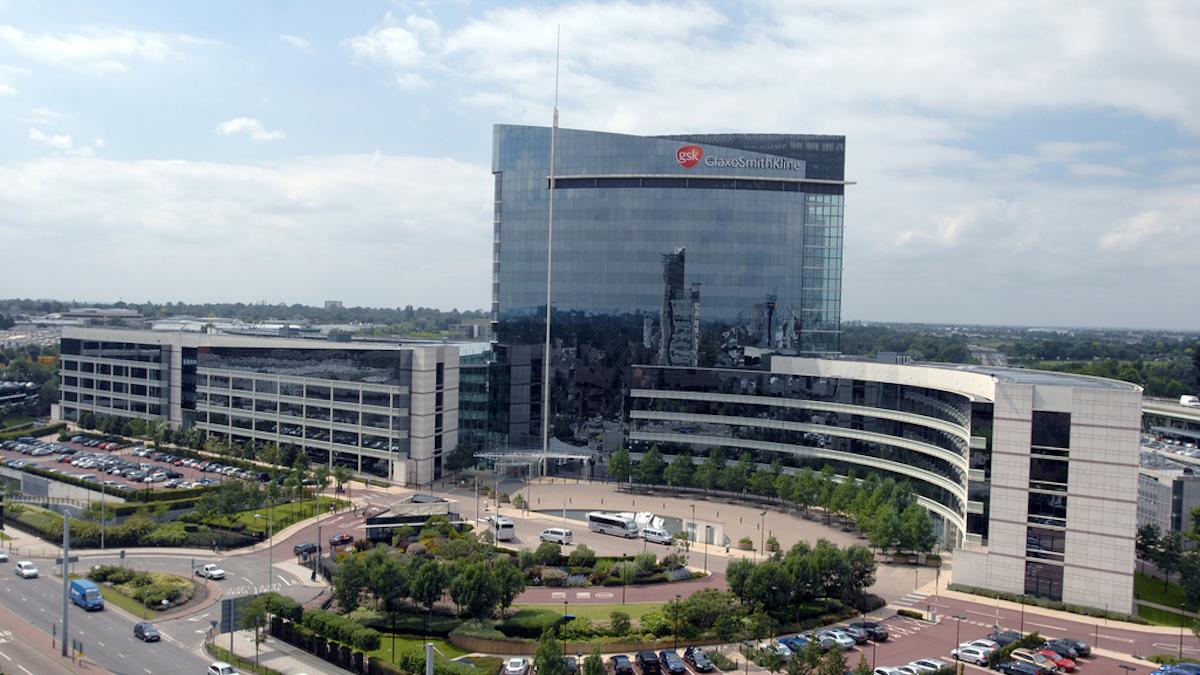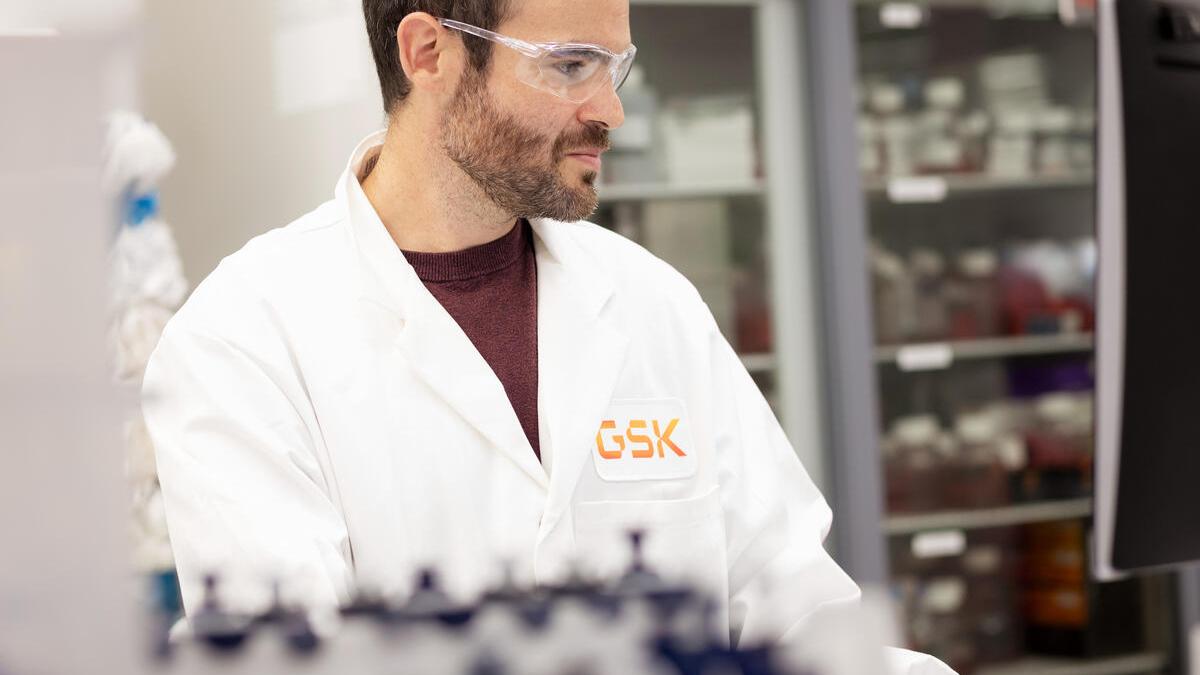GSK scores regular FDA approval for PD-1 inhibitor Jemperli

The US FDA announced late last week that GSK's Jemperli (dostarlimab-gxly) has received regular approval for adult patients with dMMR recurrent or advanced endometrial cancer.
Specifically, the approval applies to patients whose cancer "has progressed on or following a prior platinum-containing regimen in any setting" and who "are not candidates for curative surgery or radiation."
The PD-1 checkpoint inhibitor was approved back in April 2021 through an accelerated approval process based on phase 1 data from GSK's GARNET trial. This approval was based on A1 expansion data from the same trial.
In a trial of 141 patients, the treatment saw an overall response rate of 45.4% with a 15.6% complete response rate and a 29.8% partial response rate. Duration of response, the other major efficacy outcome measure, was greater than or equal to 12 months for 85.9% of patients and greater than or equal to 24 months for 54.7% of patients.
“This US regulatory action confirms our confidence in Jemperli as an important treatment option for patients with dMMR recurrent or advanced endometrial cancer," Hesham Abdullah, senior vice president and global head of oncology development at GSK, said in a statement. "We continue to unlock the potential of Jemperli as the backbone for our immuno-oncology development programs to address the unmet needs of patients, including earlier lines of endometrial cancer and other solid tumors."
Jemperli, which came out of GSK's $5.1 billion acquisition of Tesaro, has had some good headlines lately, securing NICE approval in the UK just a few days before the FDA nod, performing favourably in a head-to-head trial against competitor Keytruda in non-small cell lung cancer, and boasting a rare 100% response rate in rectal cancer in a small trial presented at ASCO last year.
But for all that, the drug has yet to be much of a money-maker for the company. Despite GSK's predictions of blockbuster status some day, the drug only brought in £3 million ($4 million) in the first nine months of 2021.













